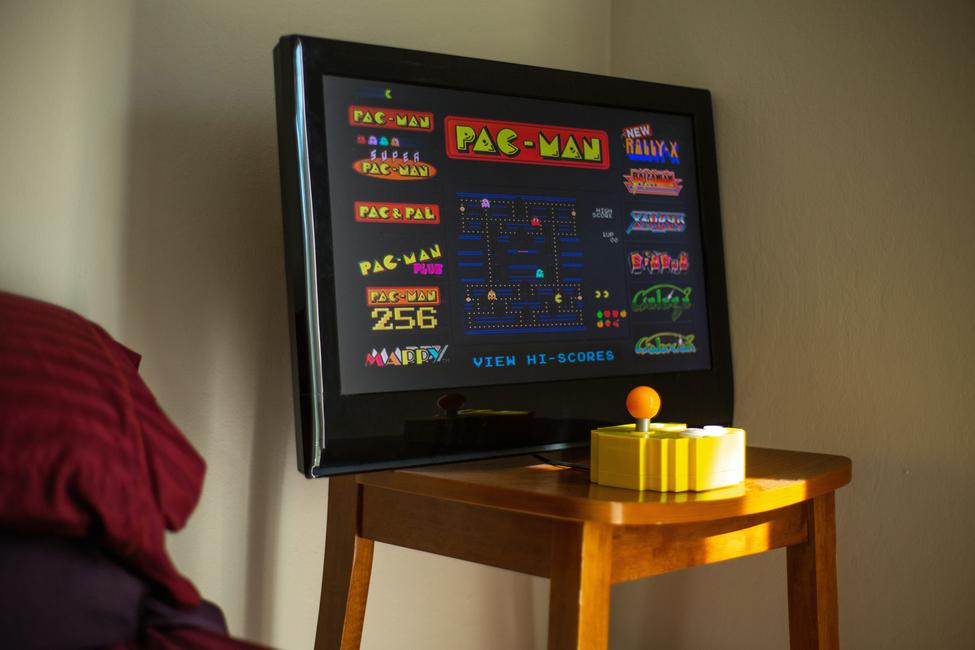The founder of Atari has interesting thoughts on how to improve education and prepare students for the future:
Nolan Bushnell once almost destroyed his family’s garage. As a youngster in Utah, he went tooling around with a liquid-fuel rocket on a roller skate and things went awry. He (and the garage) survived, and Bushnell went on to be a lifelong innovator — from Pong to Chuck E. Cheese’s….
“If you look at [Steve] Jobs and [Steve] Wozniak, they were makers,” Bushnell said in a phone interview with Wired.com. “The more we can turn the nation into a nation of makers, they will be smarter, they’ll be better problem-solvers, and they’ll be more equipped for the problems of tomorrow.”
…[Bushnell] envisions clubs where adults could give young people the education and tools to create anything they could imagine. Think of it as a 4-H club for nerds. If the clubs took off, they could be integrated into school programs.
Bushnell would also like to get more young people to read science fiction instead of classic literature, which he says only teaches students about the past. A curriculum that includes more sci-fi, he said, will make students think about ways to innovate for the future, adding that the “correlation between early adopters and science-fiction reading is one-to-one.”
Ultimately, in a tune that almost every maker has sung, Bushnell’s philosophy is about having hobbies that bear fruit, like tech whizzes tinkering in garages and dorm rooms. By some reckonings, bachelor’s degrees won’t be worth much in the future, because they will be so common….
“When I hired engineers and people on the creative side, I never looked at their grades,” he said, referring to the teams he built at Atari and beyond. “I interviewed them strictly on their hobbies, and if they did not have a hobby in technology I wouldn’t hire them…. Kids, when they make, are actually preparing themselves better for the jobs they’ll have in the future than [they are by] getting straight A’s.”
More and more, the big ideas are going to come from passion projects, not necessarily classrooms, and that enthusiasm ultimately is what will drive innovation, said Make’s Dougherty.
(With appreciation to Giorgio Trovato for the photo on Unsplash)
